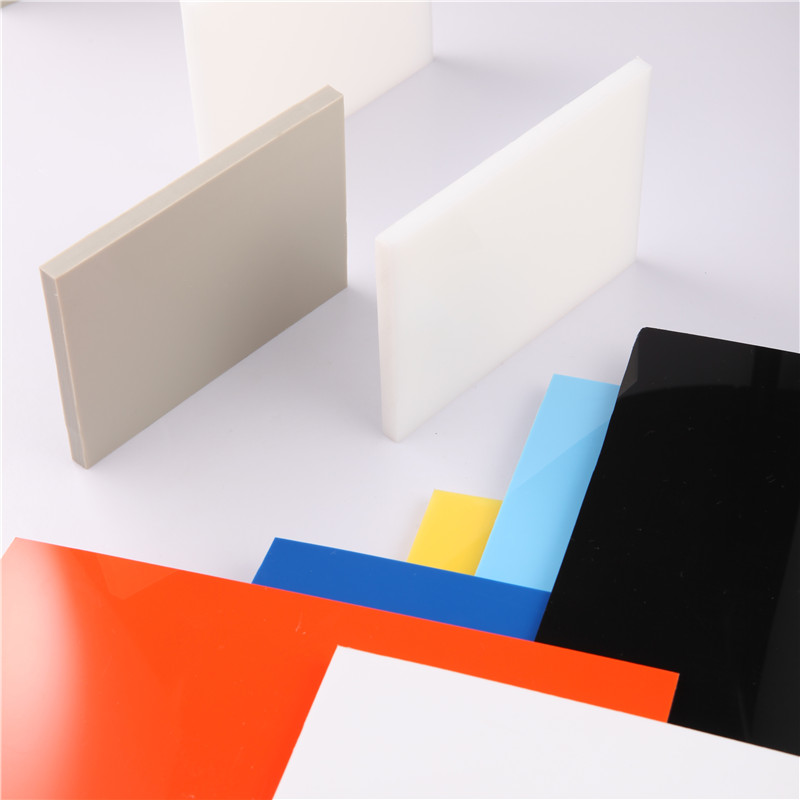Abe . 09, 2024 16:01 Back to list
hdpe drainage pipe
The Advantages of HDPE Drainage Pipes
High-Density Polyethylene (HDPE) drainage pipes have become increasingly popular in various construction and landscaping projects due to their numerous advantages over traditional materials such as concrete and PVC. This article will delve into the benefits of HDPE drainage pipes, their applications, and why they are a preferred choice for many engineers and builders today.
What is HDPE?
High-Density Polyethylene (HDPE) is a type of thermoplastic made from petroleum. The material is known for its high strength-to-density ratio, which makes it suitable for a wide range of applications. HDPE is often used in the manufacturing of various types of pipes, including drainage systems, due to its excellent durability, flexibility, and resistance to environmental stressors such as chemicals, moisture, and UV light.
Advantages of HDPE Drainage Pipes
1. Durability One of the primary benefits of HDPE drainage pipes is their exceptional durability. They are resistant to corrosion, rust, and other chemical reactions that can weaken traditional materials over time. This makes HDPE pipes an excellent choice for long-term drainage solutions, especially in areas with acidic or alkaline soil conditions.
2. Lightweight and Flexible HDPE pipes are significantly lighter than their concrete counterparts, which simplifies transportation and installation. The flexibility of HDPE allows for easy maneuvering around obstacles, making it ideal for complex drainage layouts. Additionally, the lightweight nature helps reduce overall labor costs since fewer workers are needed to handle and install the pipes.
3. Cost-Effectiveness Although the initial cost of HDPE pipe installations may be slightly higher than with some traditional materials, the long-term savings are substantial. HDPE pipes require less maintenance due to their durability and resistance to environmental degradation, which can lead to significant cost savings over time. Moreover, their lightweight nature reduces transportation and labor costs.
4. Fewer Joints and Seamless Installation HDPE pipes can be manufactured in long lengths, minimizing the number of joints needed during installation. Fewer joints reduce the risk of leaks and other failures, thereby enhancing the overall integrity of the drainage system. Additionally, the seamless nature of HDPE pipes prevents clogging and blockages, helping to maintain a consistent flow of water.
5. Environmental Sustainability As the world shifts towards more sustainable practices, HDPE pipes stand out as an eco-friendly option. They are made from recyclable materials and can be recycled themselves after their life cycle ends, reducing the amount of waste that goes into landfills. Furthermore, the production process of HDPE emits fewer greenhouse gases compared to traditional pipe manufacturing methods.
hdpe drainage pipe

6. Resistance to Root Intrusion In landscaping and agricultural applications, root intrusion can be a significant problem for drainage systems. HDPE pipes can be designed to resist root penetration, providing a long-lasting solution in environments where plant roots may otherwise cause blockages. This makes HDPE pipes ideal for both urban and rural drainage systems.
Applications of HDPE Drainage Pipes
HDPE drainage pipes are widely used across various sectors due to their versatility. They are commonly employed in
- Stormwater Management Systems HDPE pipes are extensively used in managing stormwater runoff due to their effective drainage capabilities. They help mitigate flooding and erosion, especially in urban areas.
- Agricultural Drainage Farmers utilize HDPE pipes for subsurface drainage systems, allowing excess water to be efficiently discharged from fields, promoting healthier crop growth.
- Residential Landscaping Homeowners and landscapers prefer HDPE drainage pipes for yard drainage solutions, preventing waterlogging and protecting property from potential flooding.
- Sewage and Wastewater Management The robustness and chemical resistance of HDPE make it suitable for sewage applications, enhancing wastewater treatment infrastructure.
Conclusion
In conclusion, HDPE drainage pipes offer a myriad of benefits that make them a superior choice for modern drainage systems. Their durability, cost-effectiveness, and environmental sustainability align with the growing demand for efficient and responsible infrastructure solutions. As industries continue to innovate and prioritize sustainability, the adoption of HDPE drainage pipes is likely to increase further, cementing their place in the future of construction and landscaping projects. Whether for residential use or large-scale developments, HDPE pipes provide a reliable and efficient method for managing drainage needs.
-
HDPE Natural Sheet: Durable, Food-Grade & Versatile Plastic Solutions
NewsAug.27,2025
-
Durable Glossy PVC Rigid Sheet | Premium High-Shine Panels
NewsAug.26,2025
-
Durable PP Rigid Sheet: Lightweight, Chemical Resistant Solutions
NewsAug.21,2025
-
PVC Grey Sheet for Extraction: Chemical Resistant & Durable
NewsAug.19,2025
-
Durable PVC Pipe Fittings for Plumbing & Irrigation Needs
NewsAug.18,2025
-
HDPE Steel Belt Reinforced Spiral Corrugated Pipe | High Strength
NewsAug.17,2025

